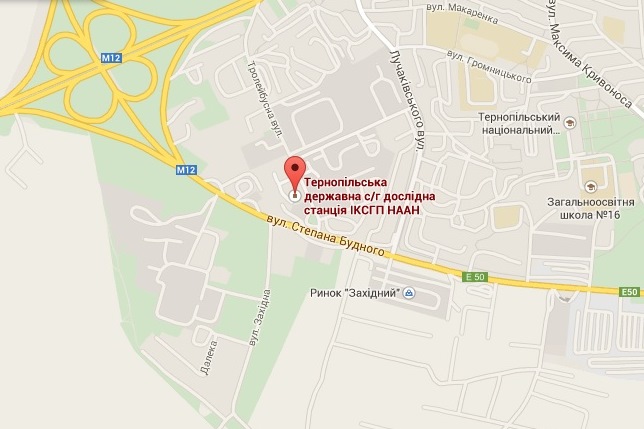| Головна » Статті » Конференція_2016_05_19-20 » Секція_6_Соціально-гуманітарні науки |
Karpenko Olena PhD (in Pedagogy), Associate Professor Zhukovsky National Aerospace University “Kharkiv aviation institute” Kharkiv
INFORMATION CULTURE AS A FACTOR OF THE TRANSFORMATION OF CONTEMPORARY HIGHER EDUCATION
The contemporary higher education is a component of the information society aimed for giving customers a relevant to their needs information and making an access to it. The transformation of the higher education in the information society is connected with implementing innovative technologies in the learning environment for improving the quality of teaching which should be adequate to world wide standards. In this context the issue of studying the information culture as a factor of the transformation of the contemporary higher education is actual as the information culture is a component of the information society as to developing education of the XXI century by UNESCO’s statement about perspectives and priorities in education. The term “information culture” is considered in different aspects depending on a field of science. For example, in information management it is defined as values, norms, and practices [1]; in library and information science it is considered as a part of the organizational culture of any organization which is involved in information management activities [2]; In the international scientific community instead of the term “information culture” the term “information literacy” is mostly used in this meaning as for using information for solving problems by means of its searching, analyzing, recognizing, evaluating, locating. But taking into consideration the essences of terms “culture” and “literacy” (which is a part of culture) it can be concluded that the concept of information culture has a wider meaning than the concept of information literacy which is considered as abilities to use language, numbers, images, computers, and other basic means to understand, communicate, gain useful knowledge and use the dominant symbol systems of a culture according to its definition by UNESCO [3]. Implementing information technologies in the information society resulted to using the term “information culture” as a synonym of computer literacy which is defined as abilities for using computers and related technologies efficiently for solving problems. But computer literacy can be only a component of the information culture as its efficiency depends on a person’s information competence which is considered as abilities to identify, find, and use information efficiently and ethically with the help of information technology skills. So information literacy, computer literacy, and information competence can be only components of the information culture. Thus, the term “information culture” can be defined as a set of knowledge, abilities, behaviours, outlooks, and values of people of the global information society aimed for giving information to customers which is relevant to their needs by using information and communication technologies. In a modern science the information culture is classified into different types of cultures such as functional, sharing, inquiring, discovery or result-oriented and other ones which concentrate their attention on realizing their functions in any organization as for all actions connected with information (its searching, using, processing, etc.) in any organization for achieving its purposes. The transformation of the contemporary higher education provides forming the information culture as a component of learning environment of the information society as to improving the quality of teaching in a process of a pedagogical communication. It is possible to realize thanks to using common requirements to knowledge and skills of teachers and students as to forming their information culture which can be combined in the following units:
Teachers can be considered as experts for forming the information culture of students, and therefore, they should improve their information culture through professional training and teaching students according to curriculums. In Ukraine there is a special course for forming students’ information culture usually called as “Information culture”, but it is studied mostly within in the field of information, library, and archival sciences. But taking into account that the information culture is an obligatory component of the information society as for transforming the contemporary higher education according to world wide requirements to its quality it can be concluded that this course should be implemented in a curriculum of any speciality as one of the essential humanitarian discipline.
References
| |
| Категорія: Секція_6_Соціально-гуманітарні науки | Додав: Admin (18.05.2016) | |
| Переглядів: 367 |
| Всього коментарів: 0 | |



